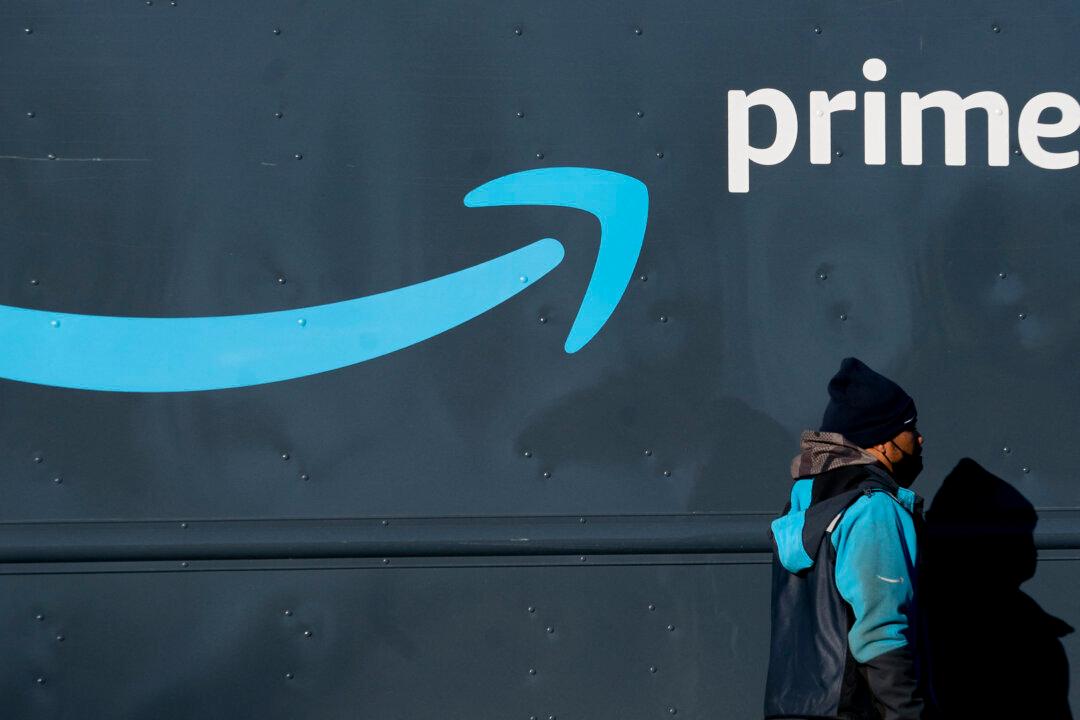A federal judge on Tuesday declined to dismiss a lawsuit filed by the Federal Trade Commission (FTC) accusing retail giant Amazon.com Inc. of tricking users into signing up for Prime memberships and then making it overly complicated for them to unsubscribe.
U.S. District Judge John Chun in Seattle denied Amazon’s request to dismiss the FTC’s complaint, noting that courts grant motions to dismiss under the reasonable consumer test only in “rare situations” in which the facts alleged in a complaint “compel the conclusion as a matter of law that consumers are not likely to be deceived.”




